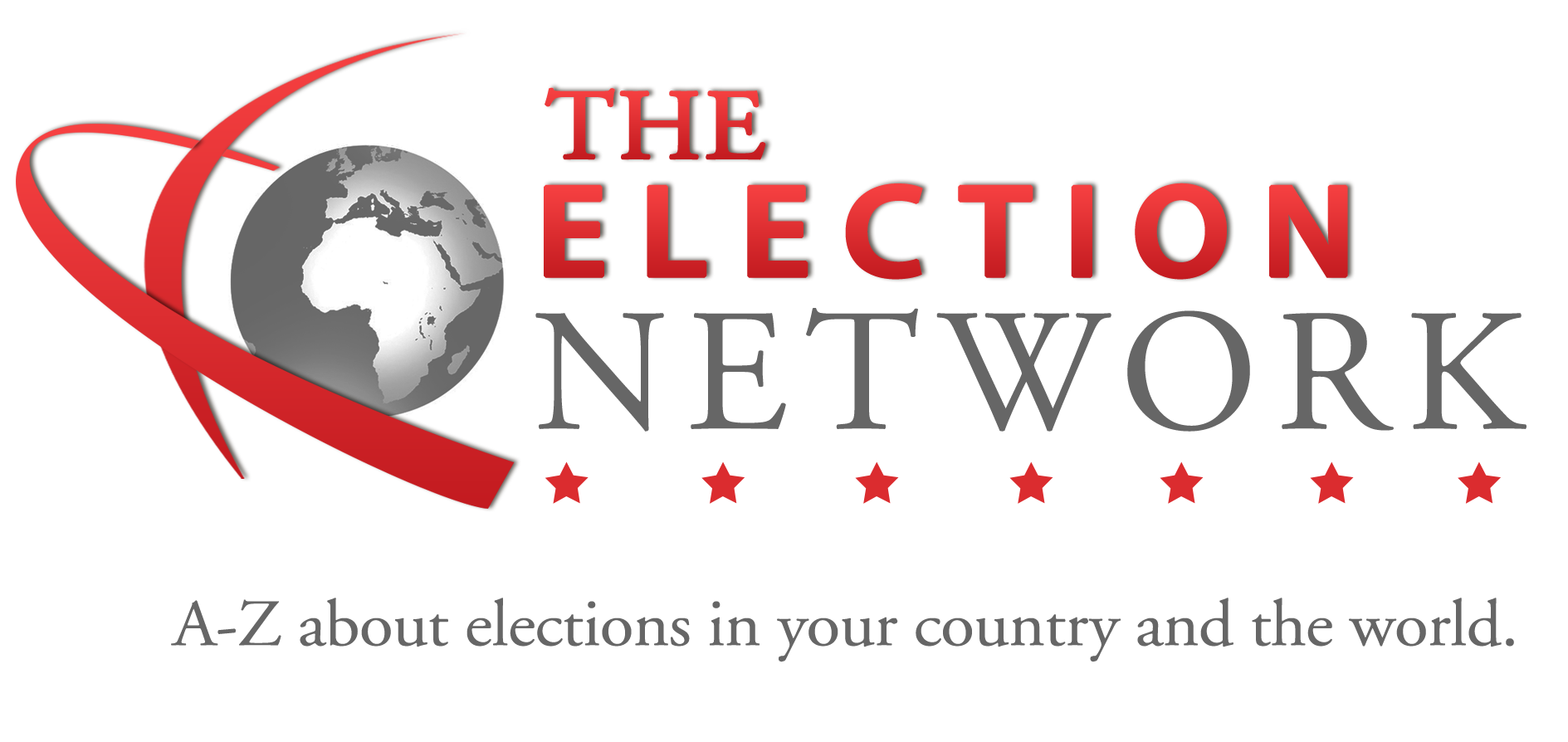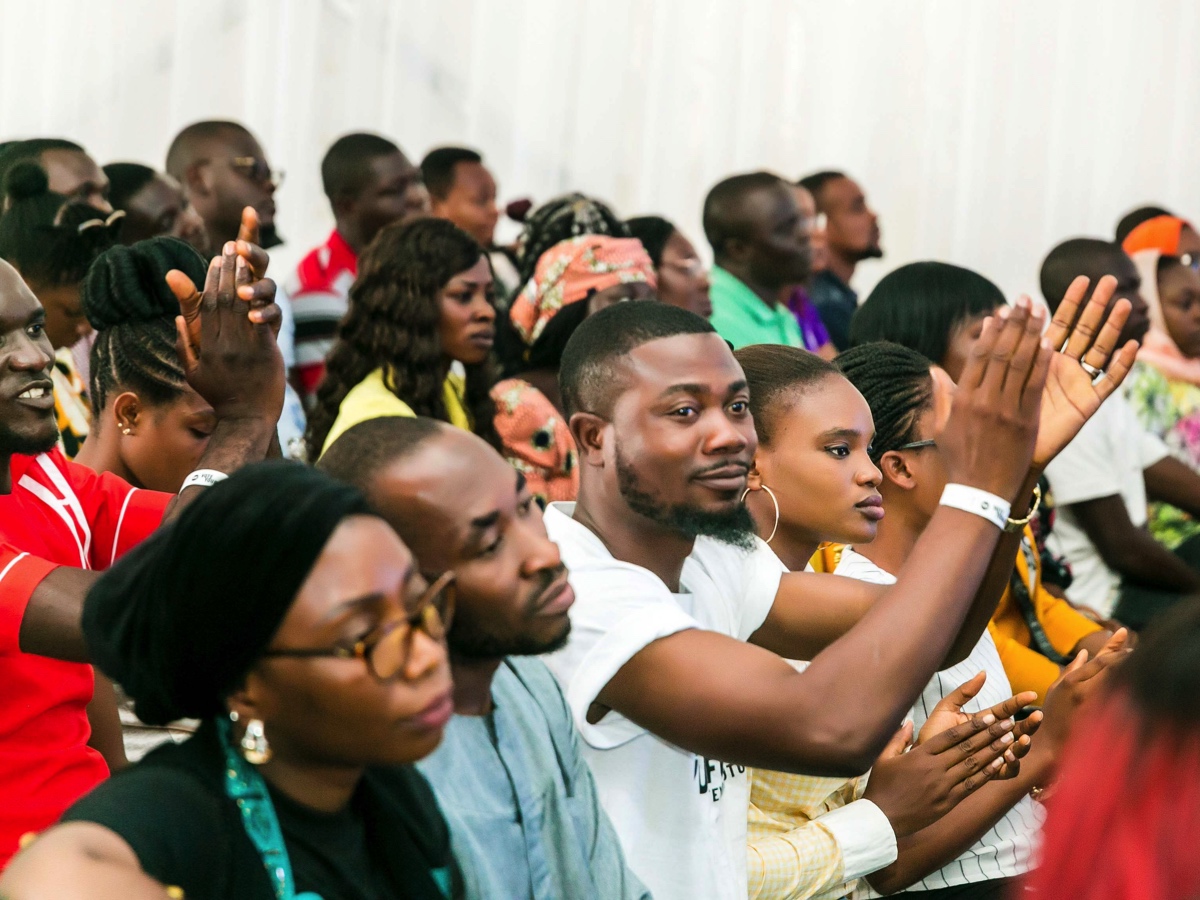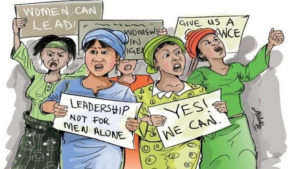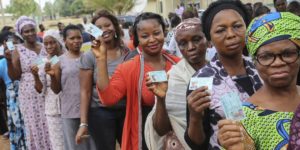As the election day draws closer, it is prudent to make clear our positions on whether or not we support a change in government. Or at the least, we provoke constructive thinking around this subject.
At the end of May 29, 2019, two outcomes may emerge: a new president and an entirely new experiment at governance, or the old president remains and with a continuing advocacy that the administration does better in areas that we think it has failed.
The Buhari administration started on a wheel of criticisms. I participated in these criticisms. I wrote at least five articles analysing incoming President Buhari’s motives, and asking intricate questions about how differently his administration would tackle Nigeria’s various problems. After a month, I resigned. To be fair, criticism is a first step, and it is ultimately more rewarding to be constructive than critical. In my small sense of grandiosity, I gave President Buhari a chance.
One idea that seems to be gaining currency is that Atiku will do differently. What he would do differently, how he would do it differently, and why he would do it differently is not clear. It is not also clear that difference, means better.
What is clear is that – either by honest popular opinions, Buhari has not delivered on his promises. Or by some unique apparition inspired by opposite and divisive media, Buhari, like President Goodluck Jonathan, has been made the enemy of his ambitions and must face the proverbial guillotine of leaders who defy the king-makers. Either way, a failure is a failure. And he must go.
On one side, both candidates are not very different. Buhari and Atiku have both lost presidential elections three times. Both candidates have been around the corridors of power for over the last three decades. At a more personal level: both candidates have each married more than one wife, both are of Fulani origin, Muslims, Northerners, and each above 70 years of age. Both have even cried on national television over the pressures of elections.
On the other side, these similarities indicate that the grasp for power is not one that is tied around just their personality, as advertised by popular media – kleptocrat vs dictator, or good vs evil. It goes beyond that. Both represent a growing division within Nigeria’s political elite class across each region, struggling for the balance of power. Conflicts like these last longer, in the theological space, we say that God is on both sides. If there is anything noteworthy, it is that in all previous political battles, Buhari has often emerged the winner.[
But the 2019 elections might have a different appeal. Unlike Atiku, Buhari has been on the spotlight for over three years – the country has seen his flaws, he is definitely far from perfect. At the extreme he wields democratic power very dictatorially and he is surrounded by insidious power brokers.
At the more basic level the administration has taken a defensive no-listening approach to the Nigerian people, prices have gone up, the circular flow of income has become slimmer, and the distance between the government and the people is significantly wider.
Atiku does not share this burden. He is not branded as a religious or ethnic bigot. He is perceived to be economically savvy, socially engaging, and has a more adjusted political base. Atiku’s biggest obstruction is the political party he represents – a party which held power for four tenures with accusations of massive corruption across the country.
Over the last few months, both candidates have gathered a large support base. Atiku has demonstrated that he is willing to fight for what he wants, he has won support from some of the toughest politicians, he has adopted a vice from the politically marginalized eastern region, and he has money, lots of money. Buhari is no longer the underdog. The power of incumbency is in Buhari’s hands, and he has demonstrated his capacity to use power.
But the race is not only about who becomes President. It is many things for many people. For the Nigerian political elite it is about political positions, appointments and contracts. For the middle class it’s about jobs, infrastructure, and safety. For the majority – the high number of uneducated, unskilled population – it is about tribe, and God, and daily bread.
One thing Buhari is applauded for was his fight against the insurgency. Even though it has not been completely wiped out, the bulk of the attacks have been concentrated in the northeast. One thing Atiku gets right is that people are hungry. In Nigeria, poverty is a type of Boko Haram. Politicians who have been feeding their people with statistics alone will not will not be allowed to remain.
On Saturday, for the second time, Nigerians will go to the polls to vote. This is the first time those born into Democracy will vote. Whoever wins will not change Nigerians message to their politicians. Politics will not be the same thing it used to be from 2019.





M J Negedu
22 Feb 2019I love this write up Tahir; you were as nuetral as you could be.
I love your tone and I love your guts to fulfill something that started as a talk on the street to write something about this election.
At least you’d agree with me that the Mahmoud’s postponement from February 16 to February 23 favoured you 😂🤣😅😜✌️to get this online.
Vote for Nigeria, vote wisely, #VoteNotWar #NigeriaDecides2019 #Vote4Peace